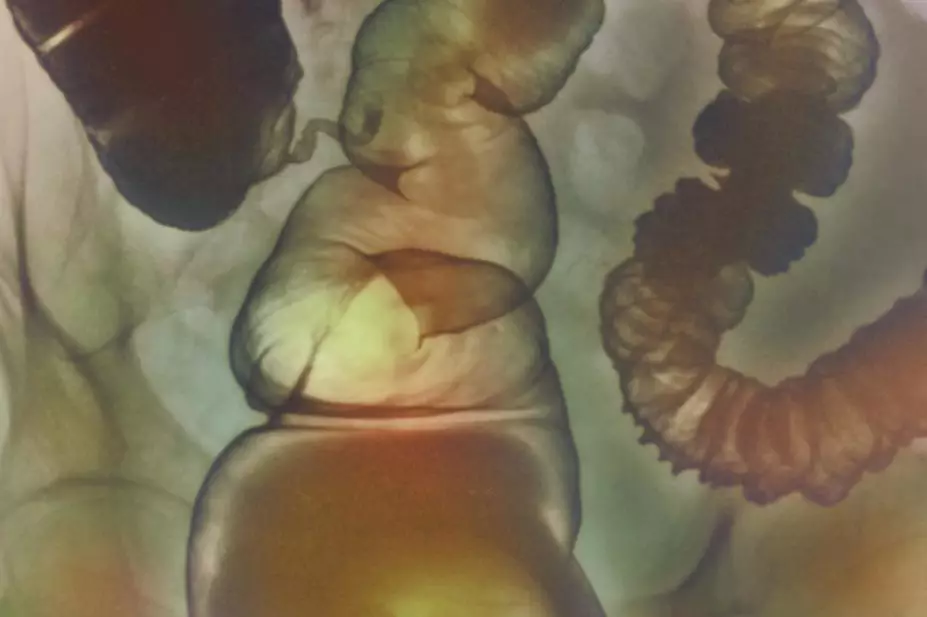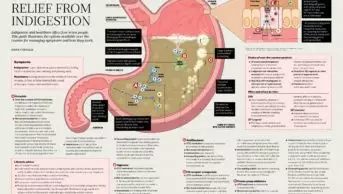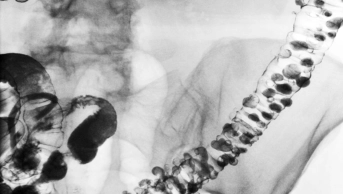
CNRI / Science Photo Library
Patients with irritable bowel syndrome (IBS) have increased pain perception, but the underlying cause of this hypersensitivity is unknown.
By taking rectal biopsies from nine patients with IBS and 15 healthy controls, researchers from the University of Leuven in Belgium found that the nerve receptor TRPV1, which picks up pain stimuli, is sensitised in patients with IBS, and that this is mediated via the histamine 1 (H1) receptor.
In a 12-week randomised trial, the team gave 28 patients the H1 antihistamine ebastine and 27 patients a placebo. Ebastine treatment significantly reduced the mean pain score, while no change was observed in the placebo group. Nearly half of ebastine-treated patients reported considerable symptom relief.
The researchers, reporting in Gastroenterology (online, 2 January 2016)[1]
, say that H1 antihistamines could therefore be explored as a new treatment approach in IBS.
References
[1] Wouters MM, Balesmans D, Van Wanrooy S et al. Histamine receptor H1-mediated sensitization of TRPV1 mediates visceral hypersensitivity and symptoms in patients with irritable bowel syndrome. Gastroenterology 2016. doi: 10.1053/j.gastro.2015.12.034


